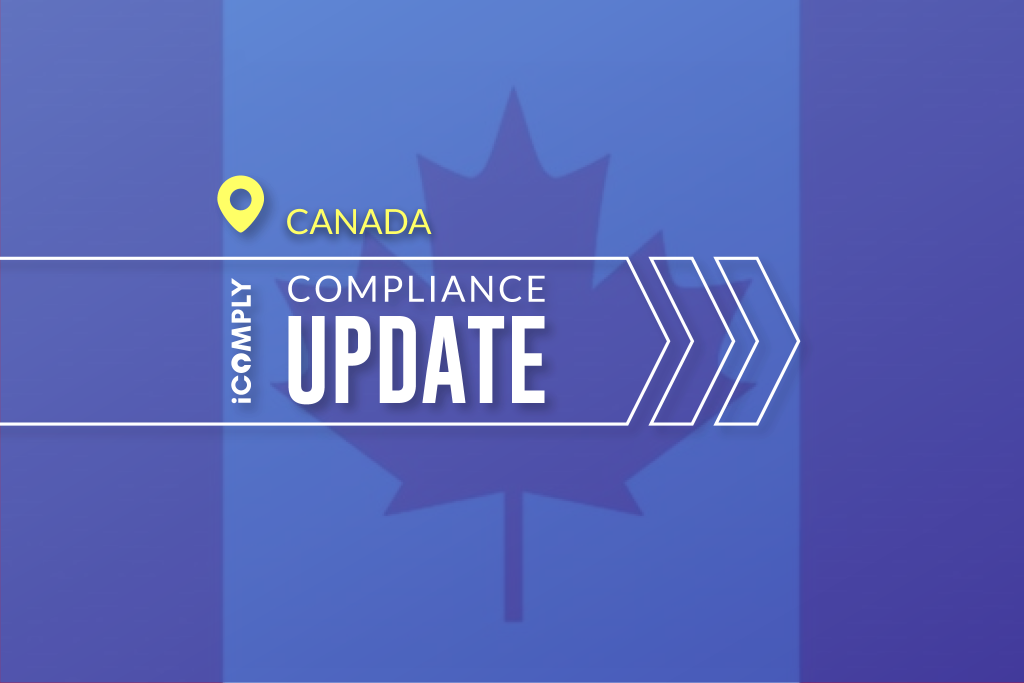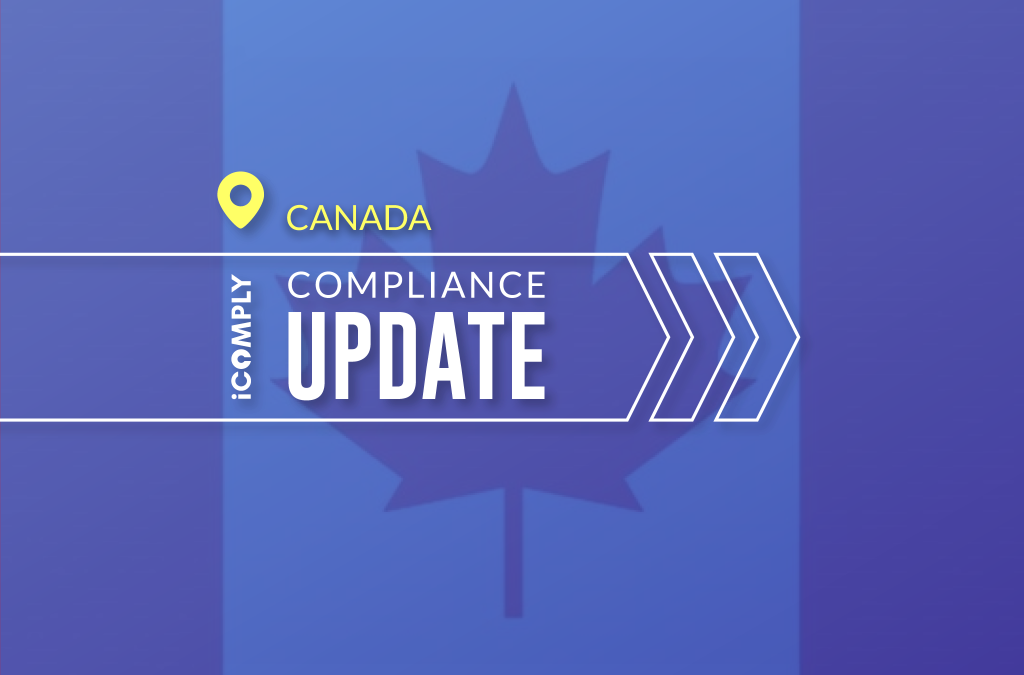BCSC targets EU virtual asset platform i-Coin

The British Columbia Securities Commission issues regulatory warning against i-Coin, a European cryptocurrency trading platform
What Happened?
April 29, 2020: Estonia-based cryptocurrency trading platform i-Coin was found to have accepted funds from a British Columbia resident without being recognized as an exchange or registered as a dealer in B.C. According to Canadian legislation, i-Coin’s activities were regulated and the firm has been added to the IOSCO warnings list.
Source: https://www.bcsc.bc.ca/Enforcement/Investment_Caution_List/i-Coin/
Who Is Impacted?
Cryptocurrency trading platforms and virtual asset service providers (VASPs) serving Canadian residents.
Why This Matters?
Many VASPs continue to operate on a global basis, without securing the required licenses or implementing the required KYC and AML compliance systems of the jurisdictions in which they accept users. This enforcement measure signals the importance for businesses to properly secure licensing in every jurisdiction they will accepting users.
What’s Next?
By adding i-Coin to the Investment Caution List, the BCSC has sent a clear message that these practices–although common in the cryptocurrency and fintech industries–are unlawful practices and can result in public enforcement.
VASPs who serve any Canadian user should seek legal and compliance advice from local experts to ensure they have the appropriate license for every jurisdiction in Canada.
learn more
Is your AML compliance too expensive, time-consuming, or ineffective?
iComply enables financial services providers to reduce costs, risk, and complexity and improve staff capacity, effectiveness, and customer experience.
Request a demo today.
KYC in Various Industries: Tailoring Compliance to Sector Needs
Know Your Customer (KYC) regulations are fundamental to maintaining security and compliance across different sectors. However, the requirements and practices for KYC can vary significantly depending on the industry. This article...
AML Risk Management: Strategies for managing AML risks in financial institutions.
Managing anti-money laundering (AML) risks is a critical responsibility for financial institutions. Effective AML risk management strategies help institutions identify, assess, and mitigate risks associated with money laundering...
Transaction Monitoring Techniques: Methods for effective transaction monitoring to detect suspicious activities.
Transaction monitoring is a critical component in the fight against financial crimes. By continuously analyzing transactions for suspicious activities, financial institutions can detect and prevent fraudulent activities such as...




